
 |
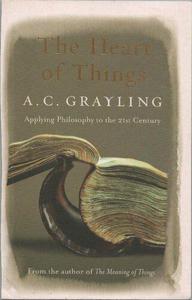 The Heart of Things: Applying Philosophy to the 21st Century By A.C. Grayling 2006 | 288 Pages | ISBN: 0753819414 | PDF | 75 MB The new bestseller from one of Britain's most pre-eminent philosophers and arguably the best known, A.C. GraylingEveryone wishes to live a life that is satisfying and fulfilling, in which there is achievement and pleasure, and which has the respect of people one, in turn, respects. And one of the fundamentals to living such a life is to reflect on the choices we make.In this new collection, A.C. Grayling invites the reader into a conversation with ideas. From personal questions about happiness and quality of life to wider public concerns such as war and democracy, these essays provide a springboard to thought and to exploring what is best about the human heart and mind. 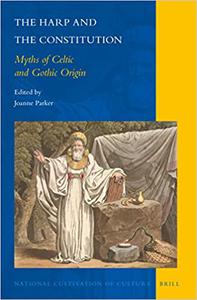 Parker, "The Harp and the Constitution: Myths of Celtic and Gothic Origin" English | 2015 | pages: 272 | ISBN: 9004306374 | PDF | 3,4 mb The Harp and the Constitution consists of eleven essays charting the unexpected ways in which the Celts and Goths were reinvented in Britain and other European countries through the eighteenth, nineteenth, and twentieth centuries - becoming not just mythologised races, but lending their names to entire value systems. 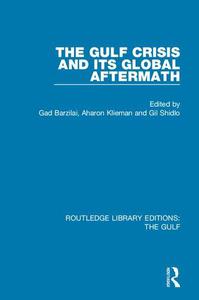 The Gulf Crisis and Its Global Aftermath By Gad Barzilai; Aaron S. Klieman; Gil Shidlo 2016 | 314 Pages | ISBN: 1138183601 | PDF | 7 MB The crisis in the Gulf of 1990-1 affected more than just the regional powers in the area. Rippling outward, its military, economic and political effects were felt throughout the international political system, testing US steadfastness in the face of Saddam Hussein's political survival, European ability to form a united front on foreign policy issues and the effectiveness of the UN in confronting international aggression. The rationale behind this book, first published in 1993, is to investigate and analyse the various aspects of the crisis, especially in regard to the interactions between internal and international prospects for a new order in the Middle East. It also examines the wider effects of the war, and includes analysis of Europe, America and the Soviet Union. Each one of the essays chosen for this volume has been written by an expert in their field. This collaboration between historians, regional specialists and political scientists, integrating a variety of research methods in the framework of one book, will be useful to a wide range of readers. 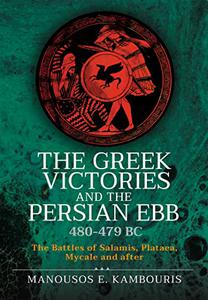 The Greek Victories and the Persian Ebb 480-479 BC by Manousos E Kambouris; English | 2022 | ISBN: 1399097806 | 265 pages | True PDF EPUB | 48.21 MB 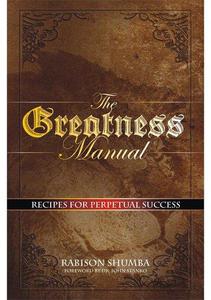 The Greatness Manual: Recipes for Perpetual Success By Rabison Shumba 2011 | 173 Pages | ISBN: 0557888727 | PDF | 3 MB This is a tool for personal and professional development. It gives you total control over your attitudes, character traits and habits that bring success, significance and greatness in your life. Greatness is your birthright too. In this book you will discover how you can practically do that. You will learn to love a life of purpose. 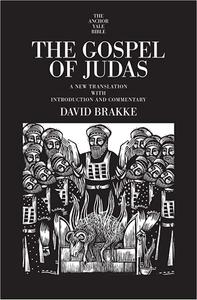 David Brakke, "The Gospel of Judas: A New Translation with Introduction and Commentary " English | ISBN: 0300173261 | 2022 | 296 pages | PDF | 3 MB A new translation and commentary on the extracanonical Coptic text that describes Judas' special status among Jesus' disciples 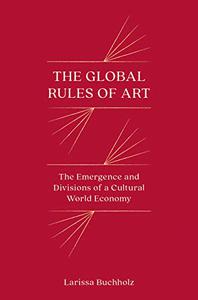 The Global Rules of Art by Buchholz, Larissa; English | 2022 | ISBN: 0691245444 | 417 pages | True PDF EPUB | 67.87 MB 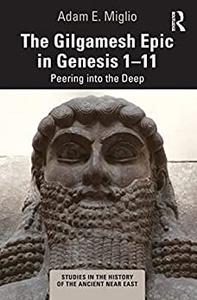 The Gilgamesh Epic in Genesis 1-11: Peering into the Deep English | 2023 | ISBN: 1032020121 | 191 Pages | PDF (True) | 6.3 MB This book provides a substantive, reliable, and accessible comparison of the Gilgamesh Epic and Genesis 1-11, investigating their presentation of humanistic themes such as wisdom, power, and the 'good life.'  German Emperor William II, "The German Emperor as Shown in His Public Utterances" English | ISBN: 9355898894 | 2022 | 174 pages | EPUB | 219 KB This book has been considered important throughout the human history, and so that this work is never forgotten we have made efforts in its preservation by republishing this book in a modern format for present and future generations. This whole book has been reformatted, retyped and designed. These books are not made of scanned copies and hence the text is clear and readable. 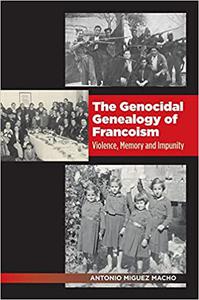 The Genocidal Genealogy of Francoism: Violence, Memory and Impunity English | 2016 | ISBN: 1845197496 | 176 Pages | PDF (True) | 5 MB The Francoist command in the Spanish Civil War carried out a programme of mass violence from the start of the conflict. Through a combination of death squads and the use of military trials around 150,000 Spaniards met their deaths. Others perished in concentration camps and prisons. The terror took other forms, such as mass rape, extortion, "appropriation" of children and forced exile. The planned nature of this violence meant that the Francoists decided when the violence would begin, the way it would be carried out and when it would come to an end. This is a primary reason why the judicial concept of genocidal practice, alongside the use of comparative history, can furnish insights. The July 1936 uprising was not only aimed at ending the Republican regime, but had ideological goals: preventing the supposed Bolshevik Revolution, defending the 'unity of Spain' and reversing centre-left social and cultural reforms. An over-arching objective was the elimination of a social group identified as 'an enemy of Spain' - a group defined as: not Catholic, not Spanish, not traditional. The genocidal intent of the coup via access to state resources, their monopoly of force in some territories and their subsequent victory ensured that the practice of genocide could be realised in the whole Spanish territory, permitting the hegemonic nature of the denialist discourse surrounding these crimes. Public debate over Francosim brings with it substantive disagreements. The book engages with the root causes of these disagreements. Violence and the memory of violence are viewed as part of a single phenomenon that has continued to the present, a process that is located within a comparative framework that analyses the Spanish case beyond the debate between Francoism and anti-Francoism. The author explains the political and judicial proceedings in recent Spanish history with regard to its violent past and the implications for international justice initiatives. Published in association with the Cañada Blanch Centre for Contemporary Spanish Studies, LSE. |